Entrepreneurship has become the buzz word of the decade. Many schools have realised how important these skills are in the changing economy and have been rapidly implementing entrepreneurship as a subject in the curriculum. But not all schools do it well. Here’s how to teach entrepreneurship in schools.
Foster key entrepreneur traits
The word entrepreneur is synonymous with start-ups, and refers to someone who exercises initiative in a given venture in order to pursue an opportunity. With this in mind, it is important to note that we are all entrepreneurs in something. Key traits to foster in students include a high level of self-reliance and optimism, as well as the motivation to strive for excellence.
Make it as ‘real-world’ as possible
The best way to teach entrepreneurship in the classroom is to make it as practical and ‘real-world’ as possible. A good way to start is to think of learning entrepreneurship as you would any other apprenticeship. Students should take on project-based work and be given opportunities to be resourceful and creative.
Emphasise soft skills and high level thinking
Team work and collaboration should be mandatory and incorporated into task completion. Students need to be taught to think critically and analytically. This means that the focus on concepts, principles and values should take precedence over knowledge of the curriculum – entrepreneurs will need to be agile and able to adapt when changes occur in their field. Students should be taught communication skills. Entrepreneurs need to communicate their vision clearly.
Study the success stories
A unit in entrepreneurship should include research conducted on current businesses in a specific field. Students should also analyse the companies and philosophies of all-time greats. A list is provided below with some good examples:
- Henry Ford – Ford Motor Company
- Sam Walton – Walmart
- Jeff Bezos – Amazon
- Steve Jobs – Apple and Pixar
- Mark Zuckerberg – Facebook
- James Sinegal – Costco
- Nick Swinmurn – Zappos
- Larry Page/Sergey Brin – Google
- Richard Branson – Virgin
- Elon Musk – SpaceX, Tesla Motors and Paypal
It’s also important to study companies that were unsuccessful, and analyse the reasons why. Currently, the statistics say that 95 percent of businesses fail within the first 5 years. Learning from other companies’ mistakes is a trade secret among successful entrepreneurs.
Develop the ability to influence
In the real world, entrepreneurs need the ability to ‘sell’ their ideas or perhaps even their company one day. Teaching entrepreneurship in schools should include the skill to articulate thoughts clearly and effectively – ‘stakeholder buy-in’ is an important part of running and leading an organisation. Entrepreneurs need to be influencers. They need to be able to lead and have a plan to back up their vision.
Scots’ latest edition of the Lion and Lang Syne demonstrates how entrepreneurship is taught and implemented at the College. You can download your copy here.






